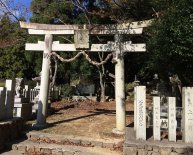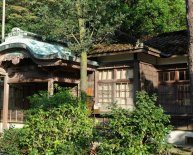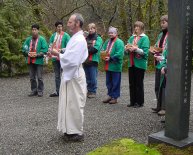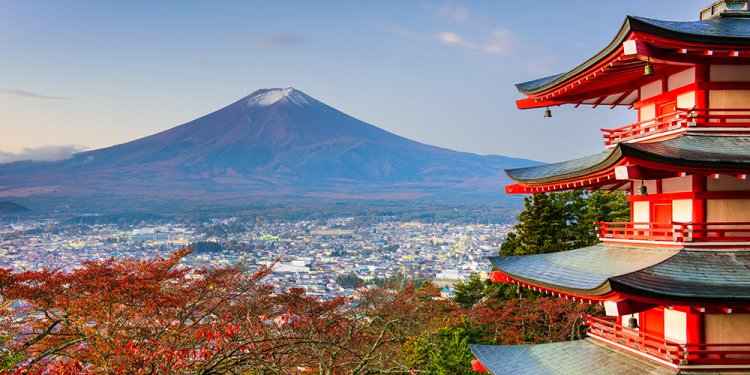
Shinto Shrine Washington
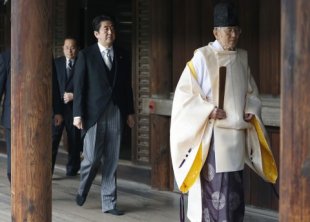 SEOUL — Japanese Prime Minister Shinzo Abe went to a Shinto shrine Thursday that honors Japan’s war dead, including 14 war criminals, and is seen by Asian neighbors as emblematic of nation’s unrepentant militarism.
SEOUL — Japanese Prime Minister Shinzo Abe went to a Shinto shrine Thursday that honors Japan’s war dead, including 14 war criminals, and is seen by Asian neighbors as emblematic of nation’s unrepentant militarism.
The stop by at Yasukuni Shrine, 1st by a sitting Japanese leader in seven years, increases the chance of even deeper hostility between a currently isolated Japan as well as its neighbors. Moreover it shows that Abe, after a-year of centering on pragmatic, financial issues, is more and more prepared to play to his traditional base — an organization that thinks Japan has been unfairly vilified for the wartime past.
Abe stated he went to the shrine to think on the “preciousness of peace, ” not to antagonize South Korea and China. But those countries reacted furiously, with Beijing’s Foreign Ministry calling the visit a “gross breach of the emotions of Chinese folks and people off their Asian countries” who were harmed during World War II.
The event additionally increases fresh problems the national government, that has encouraged Abe to reconcile with Japan’s next-door neighbors and keep quiet about profoundly held but typically inaccurate views on Japan’s wartime past.
“Japan is a respected friend and buddy, ” the U.S. Embassy in Tokyo said in a statement. “Nevertheless, the United States is disappointed that Japan’s leadership has had an action that will exacerbate tensions” in the region.
Abe’s go to comes amid a tough dispute with Asia over maritime territory within the East Asia water. Abe has said for months that he's enthusiastic about easing tensions through dialogue. Many experts stated Thursday that his sojourn to Yasukuni tips at a different sort of strategy, one in that he abandons the concept of reconciliation and alternatively utilizes the tensions to justify a broad right-wing platform which includes constitutional modifications and calm constraints on Japan’s Self-Defense Forces.
Relations in this region remain fraught, to some extent because of the debate over wartime record and whether Japan has precisely atoned for deeds of its imperial army. Some earlier Japanese frontrunners have actually attempted to apologize for many wartime activities; others have said little about them. But Abe has actually regularly recommended in speeches that Japan ought to be pleased with its record, sparking criticism that he's encouraging the whitewashing of previous atrocities — an exoneration the Yasukuni Shrine has arrived to represent.
“I think he wants to show japan people who he’s a leader who can resist stress from the next-door neighbors, ” said Jeff Kingston, a teacher of Asian scientific studies at Temple University’s Japan university that has written thoroughly about wartime memory in Japan. “No more masochistic history to kindly the next-door neighbors. Japan is, in a way, determining unilaterally to make the page on history.”
Abe wore formal early morning gown, including an extended layer and striped pants, for his trip to the shrine, which lasted about 15 minutes, the Associated Press reported. He stated in a statement he prayed “for the souls of all people who had fought for the nation making ultimate sacrifices.”

